Unpacking Productive Struggle (Part 2)
Practical tips for knowing when and how to help students navigate productive struggle.

Practical tips for knowing when and how to help students navigate productive struggle.
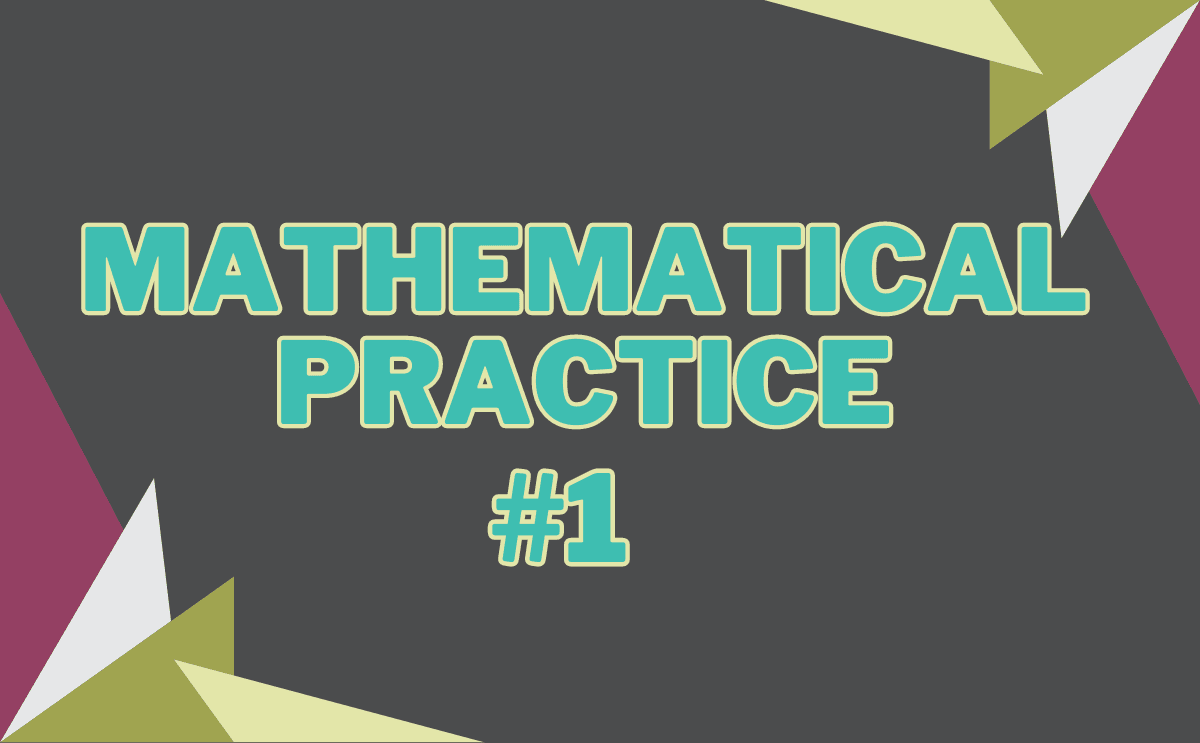
Let's unpack what this mathematical practice really entails.

Beyond posters and slogans: understanding productive struggle and why it matters.
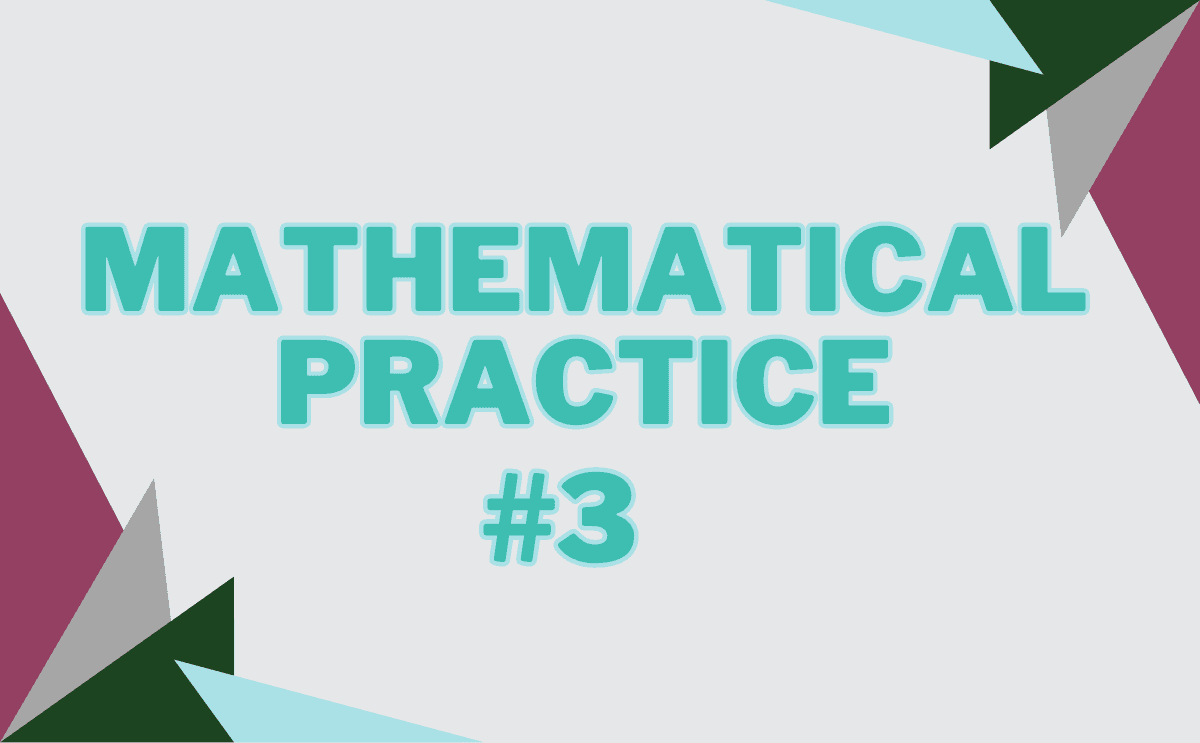
Everything you need to know about MP3!
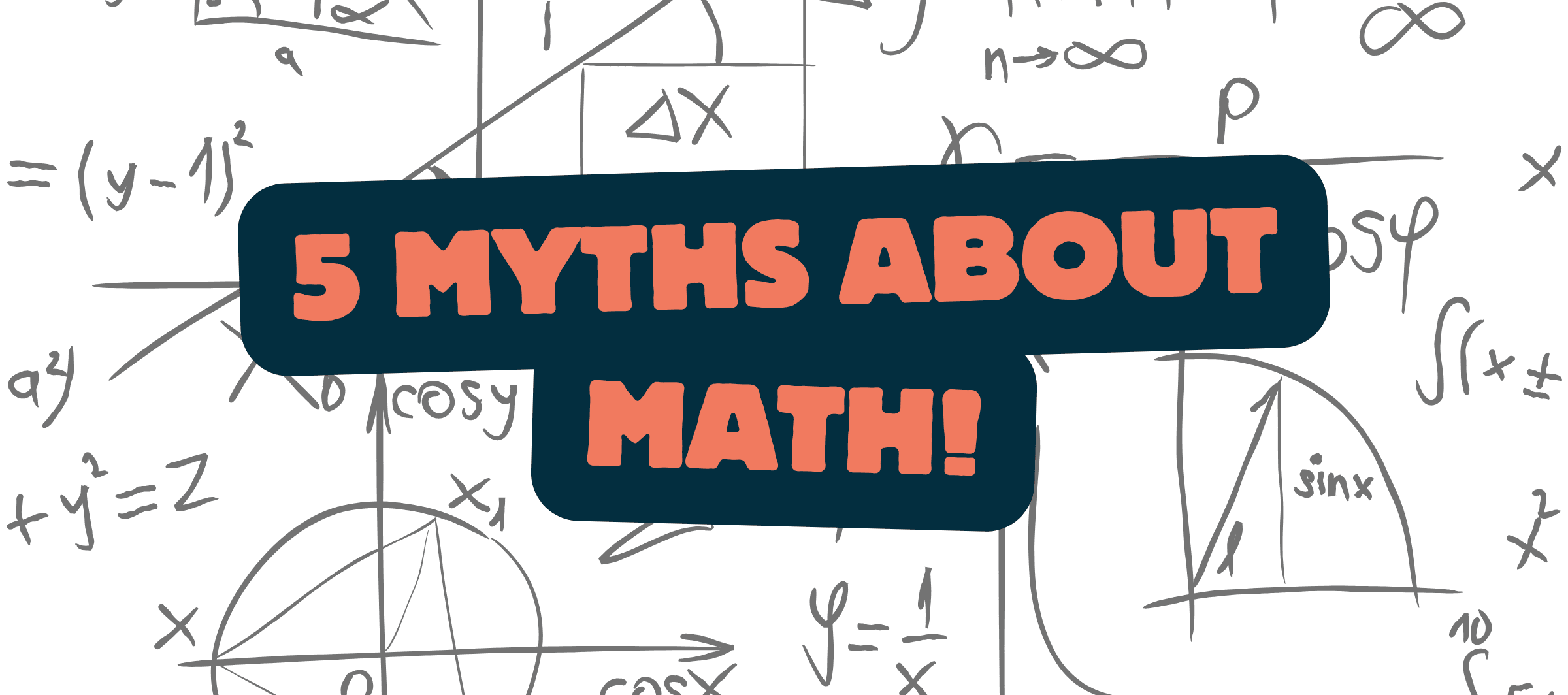
From "I don't have the math gene" to "Math is black and white", let's debunk these common misconceptions once and for all.

Five classroom-ready puzzles you can give to your students on Valentine's Day, ranging from mild to extra spicy!
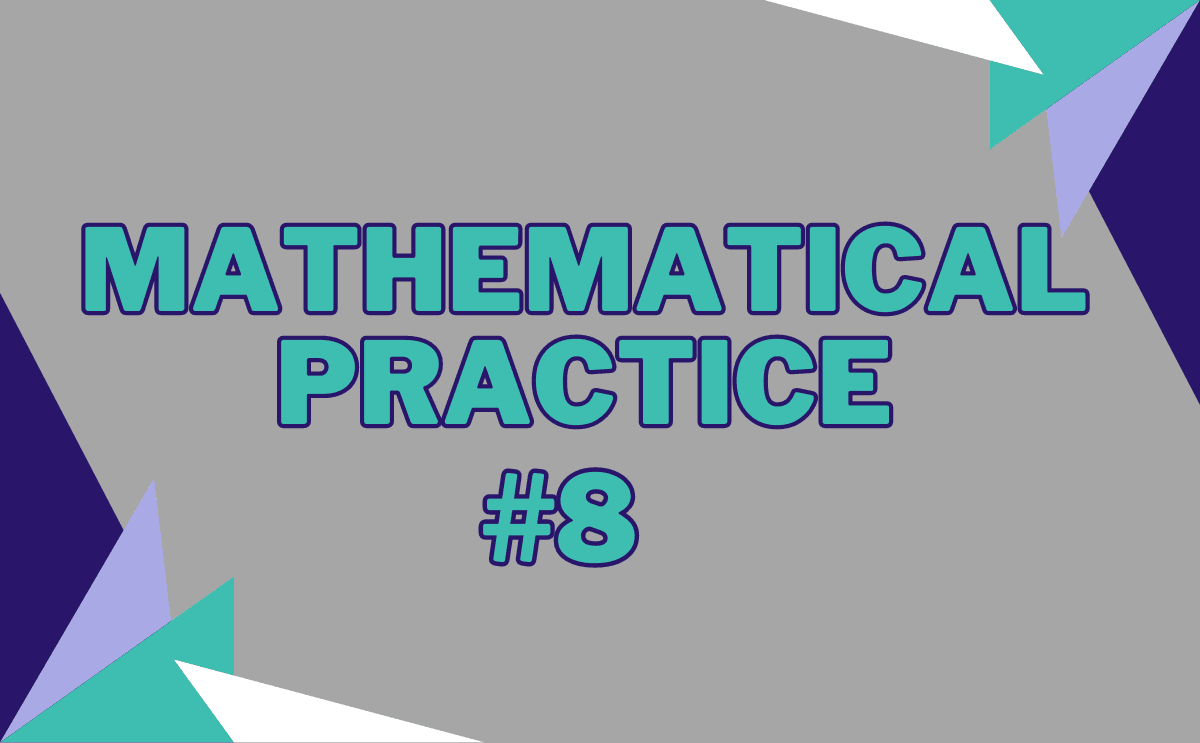
Everything you need to know about Mathematical Practice #8!
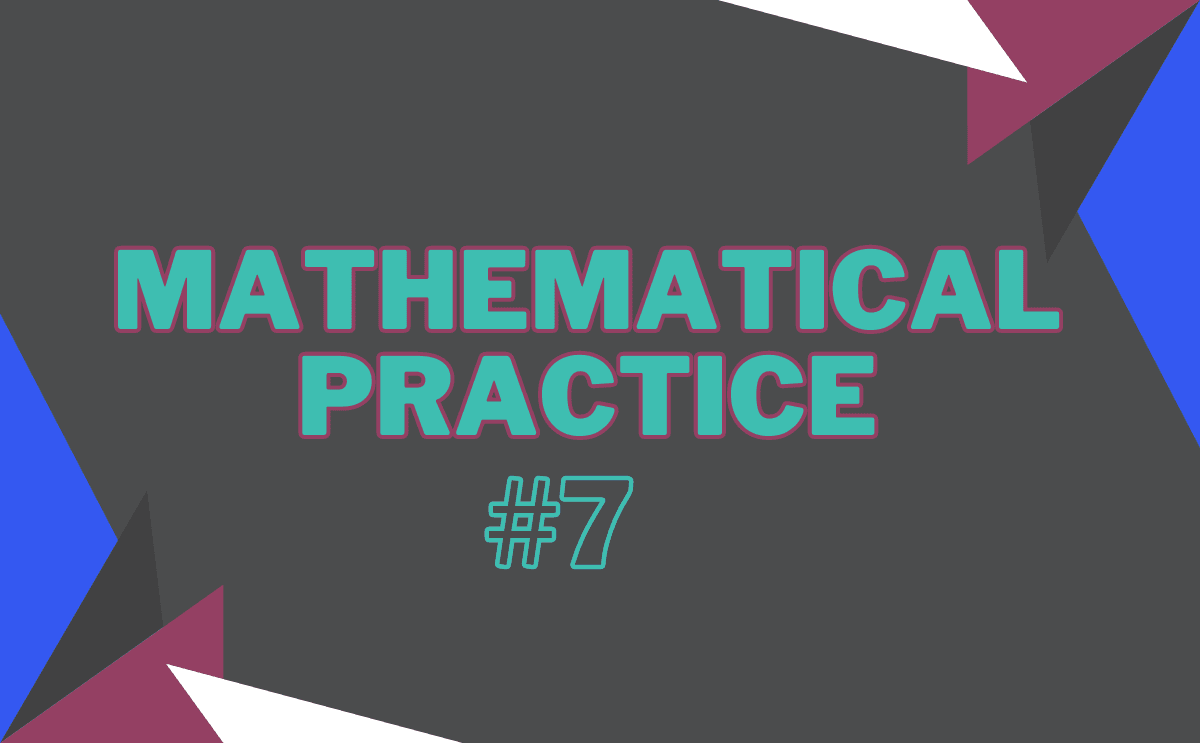
Everything you need to know about Mathematical Practice #7.

Understanding the pacing guides for each Math Medic course.

Practical strategies to help develop MP#2 in your students.
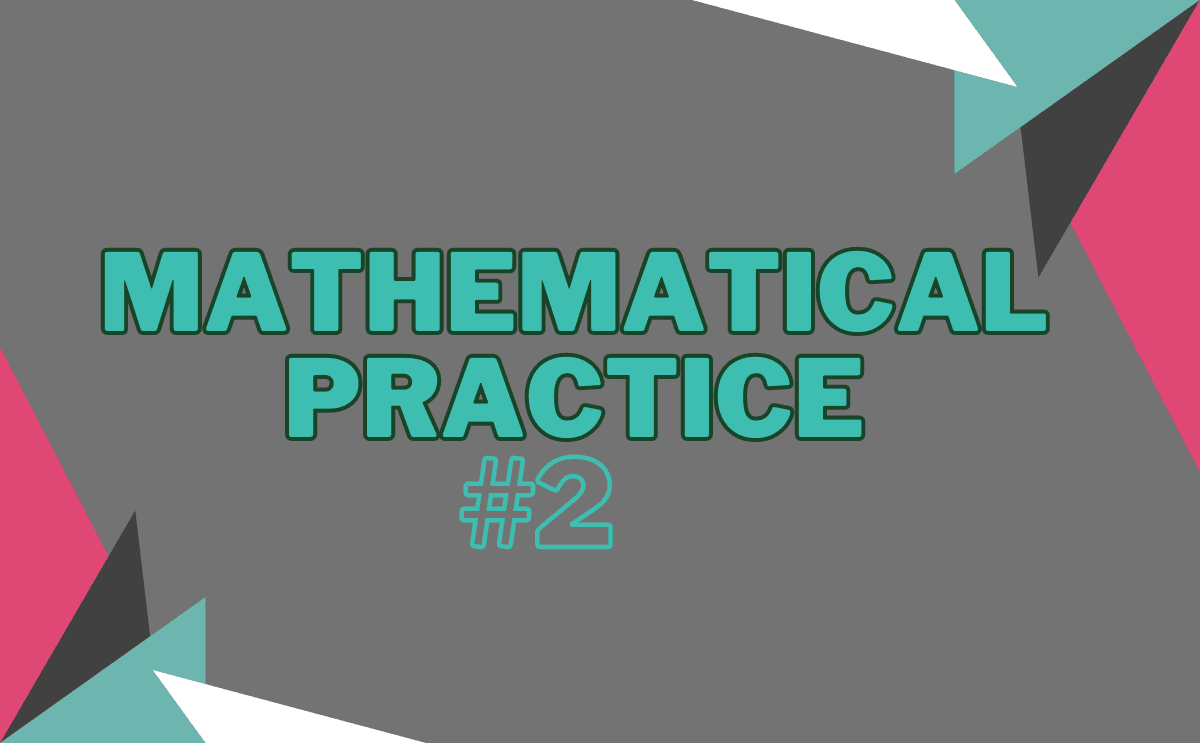
Everything you need to know about Mathematical Practice #2.

Get a high-level summary of our recent article in NCTM's Mathematics Teacher: Learning and Teaching PK-12 journal.

Lindsey and Sarah reflect on their experience substitute teaching.

Everything you need to know about how the Math Medic courses were designed and resources to make them work for YOU!
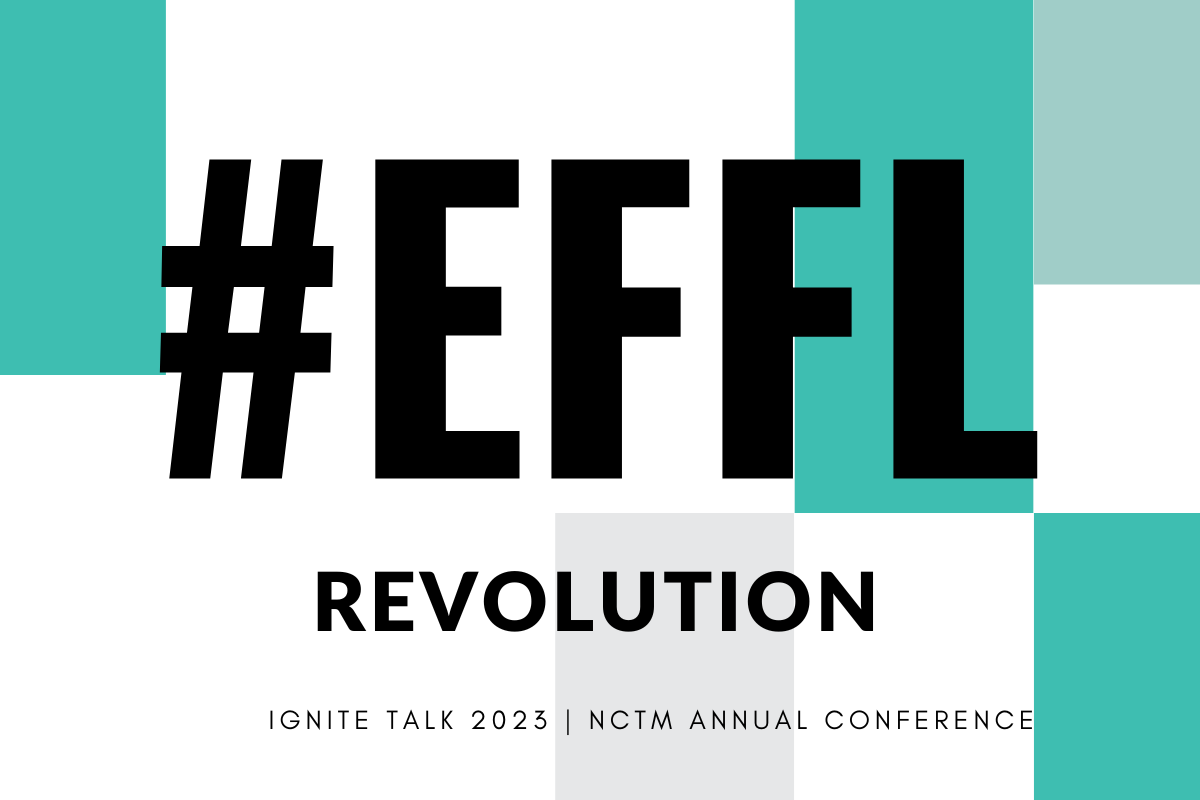
Luke was invited to give a 5-minute IGNITE talk at NCTM 2023 in Washington D.C. Here it is!

Tools to make sure old norms are still being upheld and strategies for introducing some new ones.

Watch video footage of Sarah teaching an Experience First, Formalize Later lesson.

Watch a classroom debrief of how the Lots of Dots activity is used to establish class norms.

How to help students arrive at the main idea without taking over the thinking.

Strategies for growing EFFL in your math department.
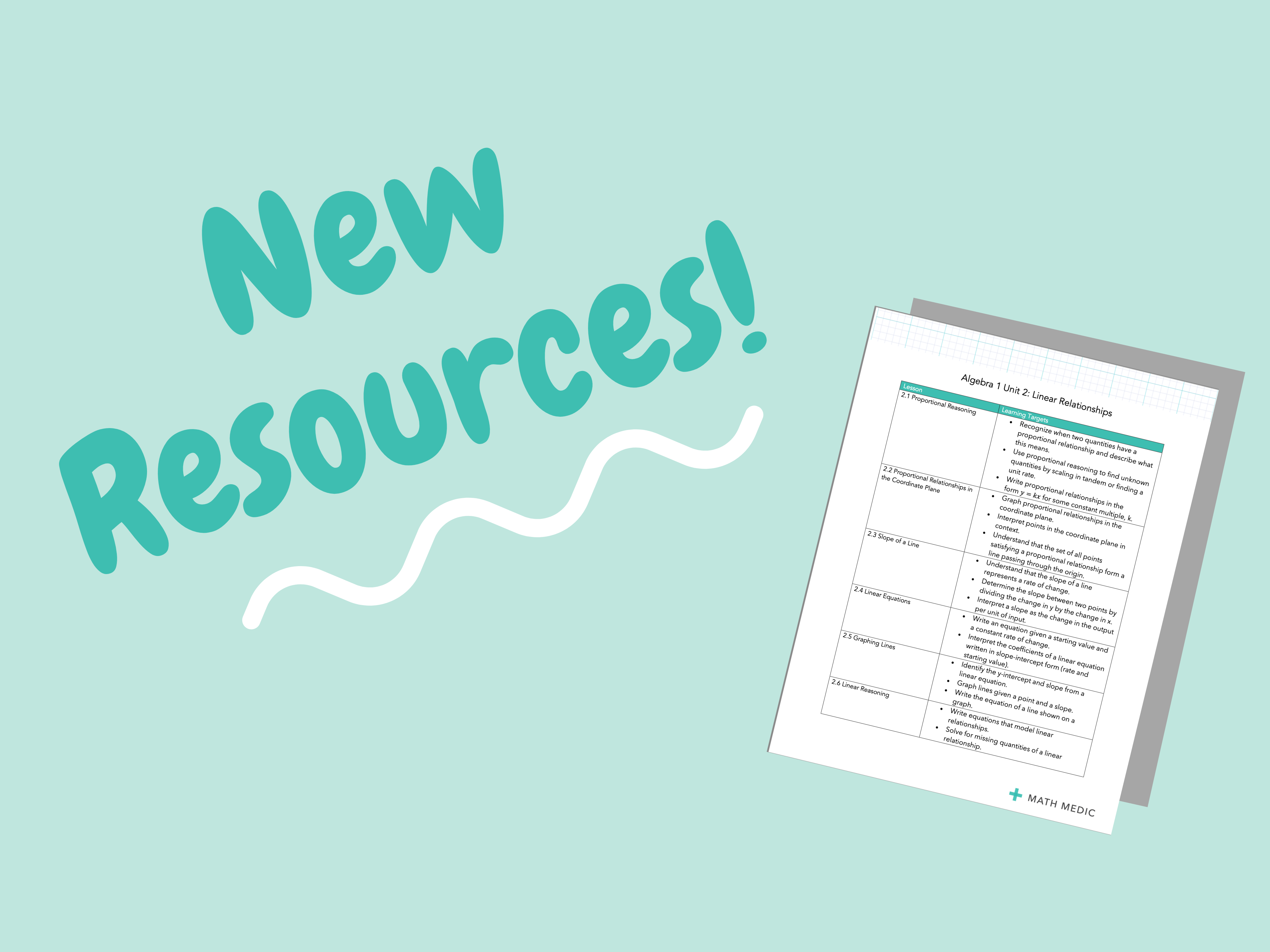
How we use the Unit Overview pages to communicate schedules, help students self-assess, and organize extra resources.

Learn everything you need to know about the new AP Precalc course.

How to incorporate Liljedahl's 14 teaching practices into your EFFL classroom.

How to broaden our definition of mathematical competence and why it matters.

When students ask “When Am I Ever Going To Use This?”, instead of focusing only on the content, look at the everyday skills the lesson teaches. Let's step through a full EFFL lesson and see how we teach all of these skills!

Questions to open up discussion, extend students' thinking, and help students consolidate their learning.

Everything you need to know about the features we DIDN'T include in the Math Medic Assessment Platform (and why).

When students ask “When Am I Ever Going To Use This?”, the best answer may not be when they will use the content. Instead, show them that inside of every lesson are skills they will need every day!
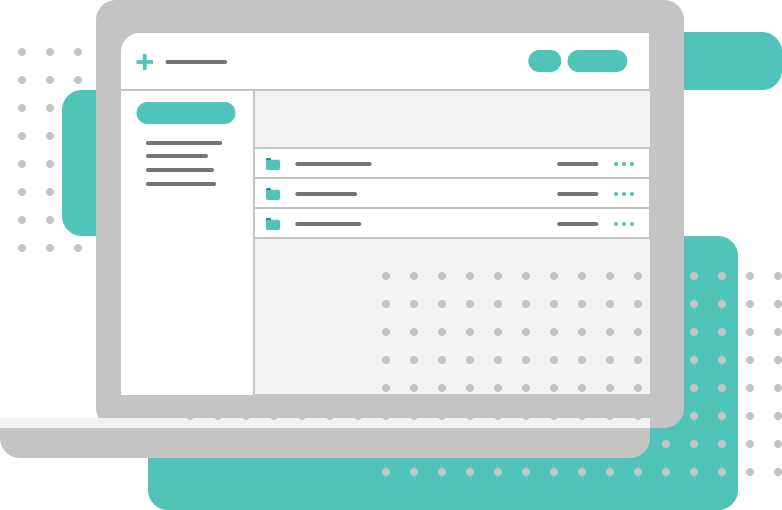
Our most helpful responses to the most frequently asked questions about the Math Medic Assessment Platform (MMAP).

In this article we'll look at how six sample homework questions deepen, extend, and assess the conceptual learning done in in an Algebra 1 lesson.
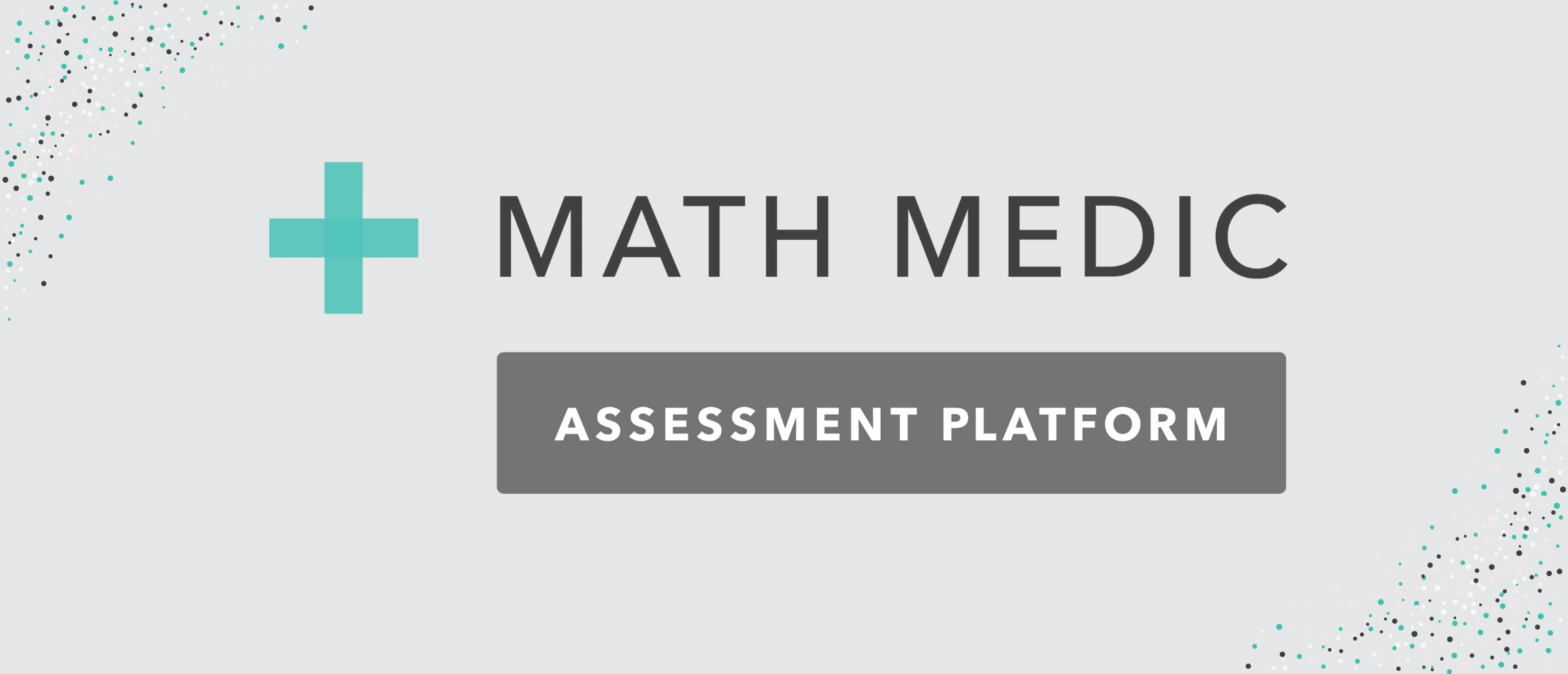
Check out a sample homework assignment, quiz, and test from our Algebra 2 course.

How we use homework, quizzes, and tests to deepen and assess students' learning.

Why establishing flexible thinking at the beginning of Algebra 1 is essential for long term success.
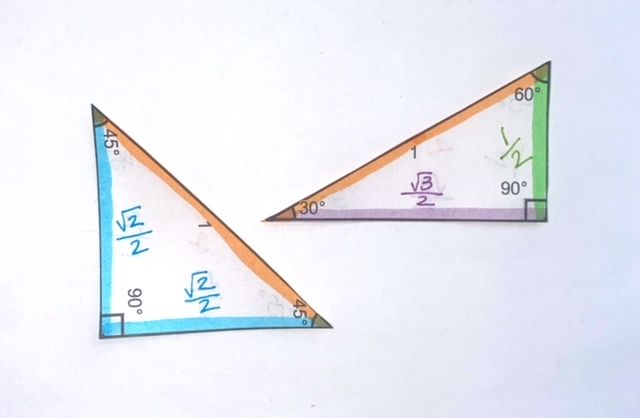
All you need are a couple of special triangles to find all angles and coordinates of the unit circle.

Math Medic Foundation has the mission of connecting students, teachers, and schools to resources that increase equitable access to high-quality mathematics education.

How to respond to student errors in real time and cultivate a productive disposition toward mistakes

Students can develop a deeper understanding of trigonometry by focusing on proportional reasoning.

Strategies for getting your students talking, collaborating, and upholding group work norms.

Learn how to overcome the common obstacles to productive group work.

Here you’ll find a collection of our favorite review activities to help students synthesize the content and concepts from the semester and prepare for exams.

Why re-teaching may not be the best option for end-of-semester review, and actually may have some problematic effects.

Help your students go deeper in their understanding of linear systems by choosing contexts that highlight the math, instead of complicating it.
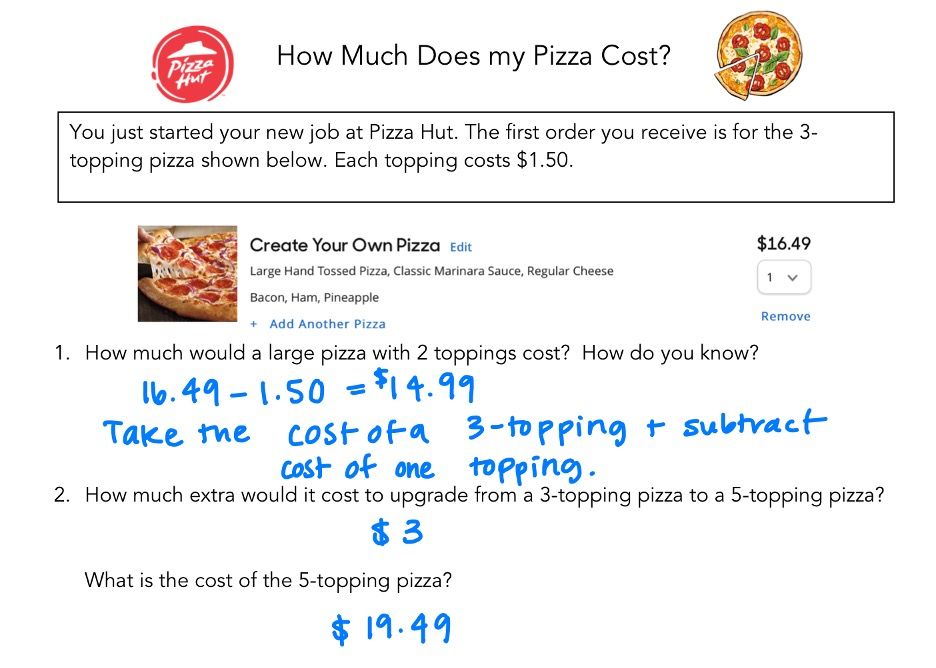
Spark students' intuitive understanding of slope and linear relationships through contextual questions.

Understand the teacher's role in preparing for and facilitating an effective debrief of the EFFL activity.

Are you having trouble getting through a full lesson in one class period? Here are some tips to make you more efficient.

When getting ready to teach an EFFL lesson, many teachers worry: How will my students know how to do the activity if I haven't taught them yet? The key to students being able to complete the activity before instruction is in what questions you ask and how you ask them.

Write your own higher-level thinking questions with intentionality and efficiency.

Assess deeper understanding by varying your verbs. In this blog post, we'll look at three categories of verbs and how to write appropriate questions at each level.

A collection of our favorite tasks, resources, and activities to start the school year off right!

In this post we discuss our math and group work norms and how we introduce and uphold them throughout the year.

Let's take a deeper look at how we can use homework and assessments to assess conceptual understanding and build procedural fluency.
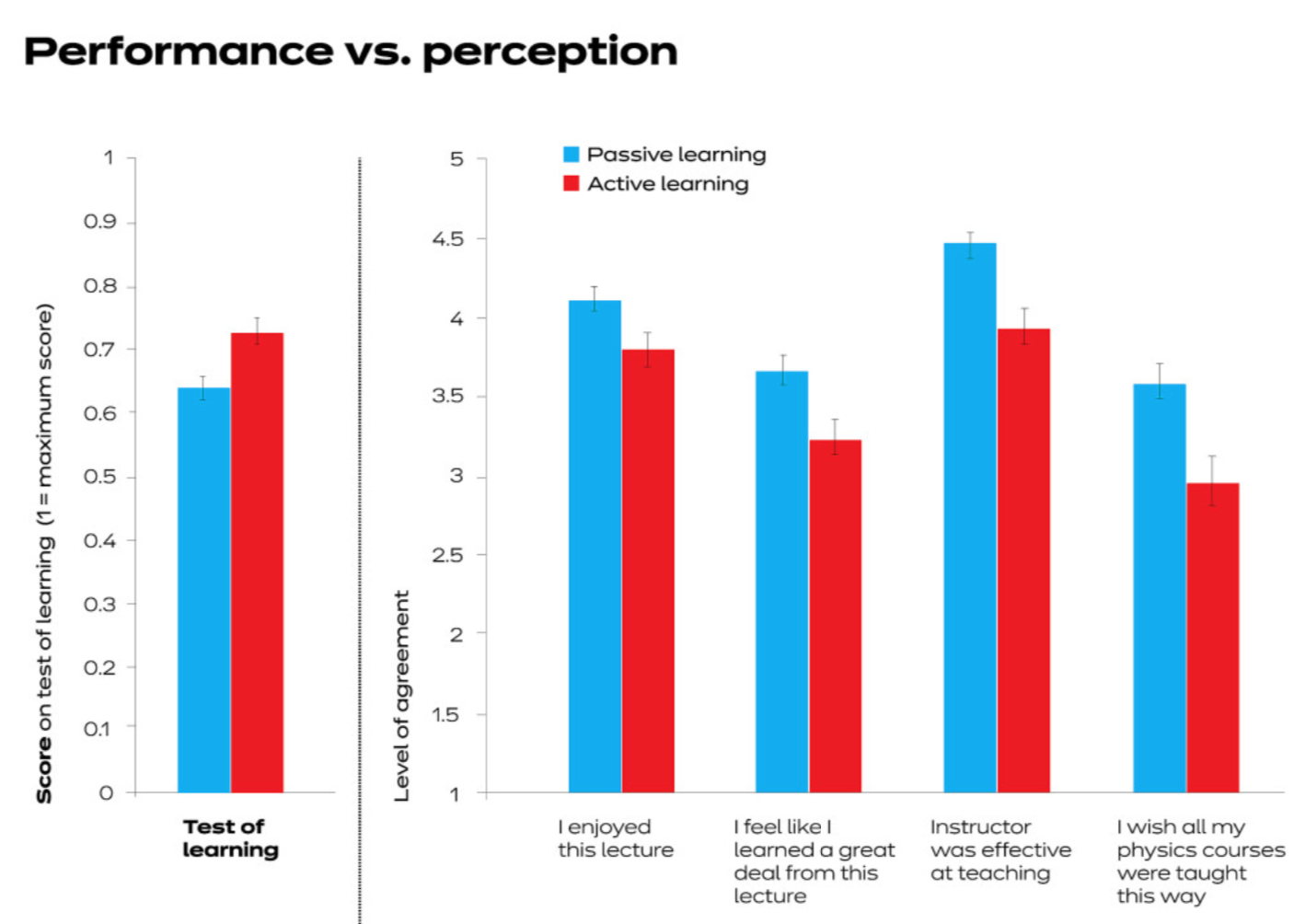
Research shows that students learn more when active learning rather than passive learning. This blog post contains an activity you can do with students to make them aware of why you teach the way you do.

Math Medic answer keys are not just for solutions and correct answers. They are meant to be the official guide to teaching the lesson.

In this post, we explain some of our philosophy around homework, with links to several resources you can use to create your homework assignments.

How can you take your more traditional notes and turn them into an activity that students can engage in without your direct instruction?

We have explained how we teach using the Experience First, Formalize Later lesson design and also why this model is best for students. Here we will explain the ideas that we consider when designing these lessons.

In our previous post, we explained how we implement the Experience First, Formalize Later model in the classroom. In this post, we dig into the "why".